Relevance
(16 doctors)

Dr. Sumanth Simha Vankineni
Gastroenterology/gi Medicine Specialist
4 Years • MD, DM (Medical Gastroenterology )
Chinagadila
Apollo Hospitals Health City Unit, Chinagadila
(25+ Patients)

Dr. Charles Mano Sylus
General and Laparoscopic Surgeon
12 Years • MBBS, MS (Gen. Surg.), Dip (Lap. Surg), FALS (Colorectal), FIAGES, MHSc (Diabetology)
Chennai
Apollo Speciality Hospitals Vanagaram, Chennai
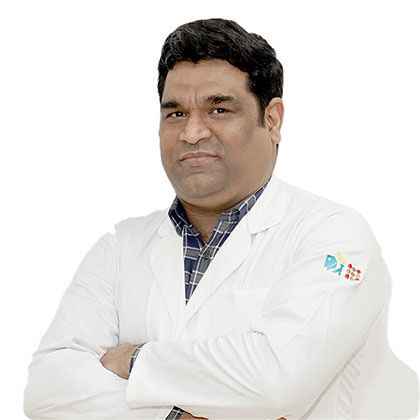
Dr. Ankur Saxena
General and Laparoscopic Surgeon
14 Years • MBBS, MS (General Surgery), FNB (MAS), FALS (HPB)
Lucknow
Apollomedics Super Speciality Hospital, Lucknow
(225+ Patients)
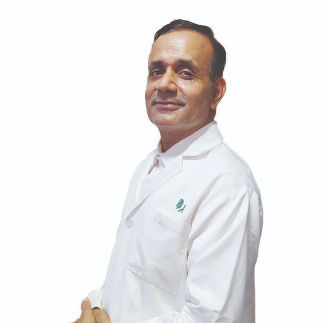
Dr. Shravan Bohra
Gastroenterology/gi Medicine Specialist
25 Years • MD(Med),MRCP (London),FEBG(Gastro, Europe)
Ahmedabad
Apollo Hospitals Gandhinagar, Ahmedabad
(350+ Patients)

Dr. Elankumaran Krishnan
Liver Transplant Specialist
18 Years • MBBS, MS, MRCS, DNB, Mch , PDF (Liver Transplantation)
Chennai
Apollo Hospitals Greams Road, Chennai
(50+ Patients)
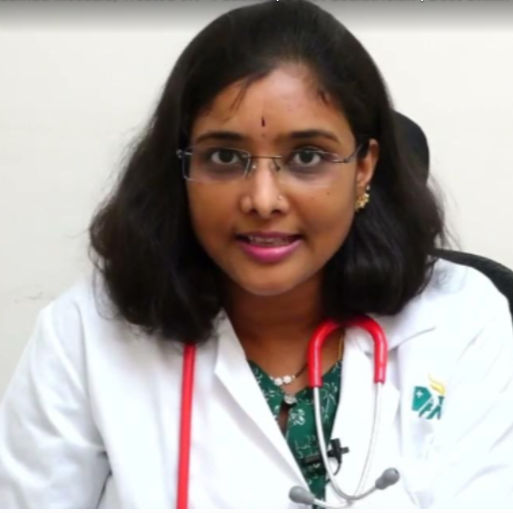
Dr. Himabindu Meesala
Paediatrician
5 Years • MBBS, MD (paediatric)
Tiruchirappalli
Apollo Speciality Hospitals Old Palpannai, Tiruchirappalli
(75+ Patients)
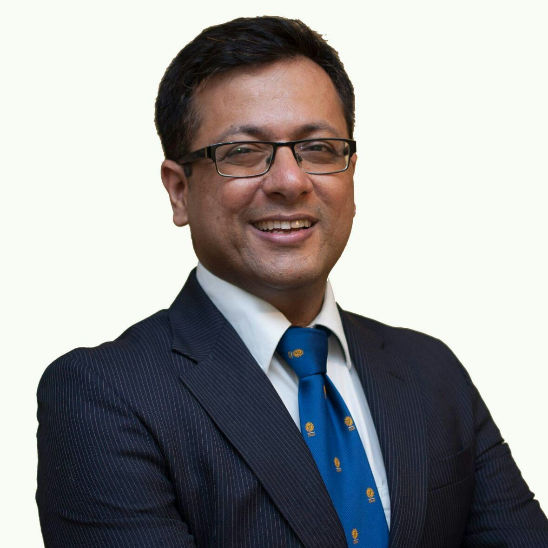
Dr. Sumit Gulati Laproscopic Gastro Surgeon
Liver Transplant Specialist
24 Years • MBBS, MS, MRCS ( Edinburgh, UK ) ,Diploma in Laparoscopic Surgery ( Dip Lap Surg ), Strasburg, France, Fellowship in Liver Transplantation & HPB ( Hepato Pancreato BIliary ) Oncosurgery ( Apollo, Delhi ); Earlier - Chesterfield Royal Hospital & Hull Royal Infirmary, England, UK
Kolkata
Apollo Multispeciality Hospitals , Kolkata, Kolkata
Want to refine your search?
- Today
- Within 5 Km
- Within 15 Km
- Fees Less than Rs.1000
- More than 10 years Exp.
- Hindi
- English
- Telugu
- Tamil
- Kannada
- Bengali
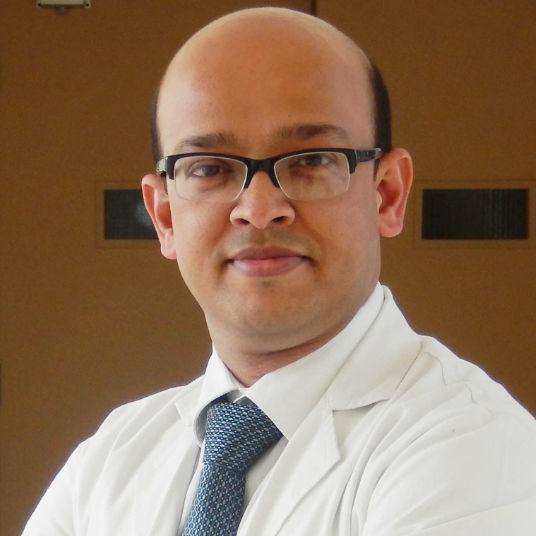
Dr Ramdip Ray. Surgeon. Gastro. Liver. Transplant.
Liver Transplant Specialist
24 Years • MBBS, MS , MRCS (England) Fellowship in Liver transplant & HPB (Hepato Pancreato Biliary) Oncosurgery (Apollo Delhi), Honorary Training in Upper Gastro Intestinal (GI) & Laparoscopic Surgery (Wrexham Maelor Hospital, Wales, UK)
Kolkata
Apollo Multispeciality Hospitals , Kolkata, Kolkata
(50+ Patients)
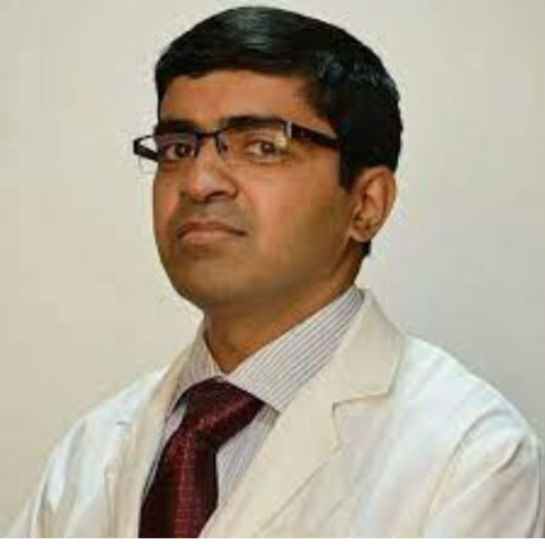
Dr Supriyo Ghatak. Gastroenterologist Surgeon
Liver Transplant Specialist
24 Years • MBBS , MS (PGI, Chandigarh), MCh in Gastro Intestinal ( GI ) Surgery (AIIMS); Training in Liver Transplant (King's College,London)
Kolkata
Apollo Multispeciality Hospitals , Kolkata, Kolkata
(25+ Patients)
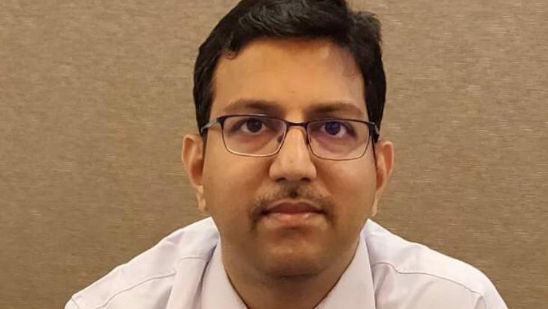
Dr. Madhusudhanan J
Surgical Gastroenterologist
9 Years • MBBS., MS., Mch., ( GI Surg. )
Madurai
Apollo Speciality Hospitals KK Nagar, Madurai
(25+ Patients)
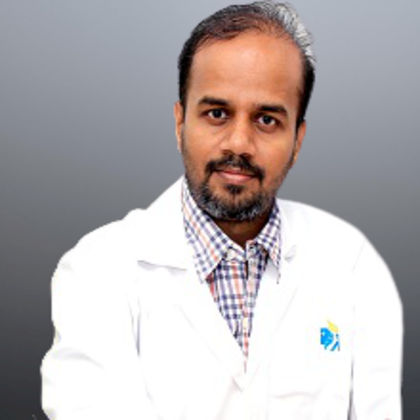
Dr. Rajesh Prabhu
Gastroenterology/gi Medicine Specialist
18 Years • MBBS, MD(Gen. Med.), DM(Gastro)
Madurai
Apollo Speciality Hospitals KK Nagar, Madurai
(175+ Patients)
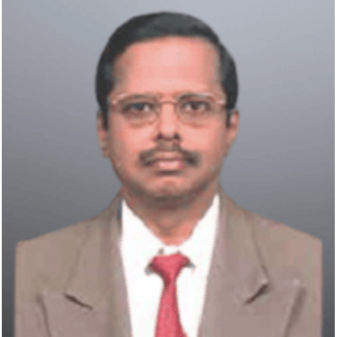
Dr.sethuraman A
General Physician/ Internal Medicine Specialist
23 Years • MD (General Medicine) Graduate Dip in Diabetic Care
Tiruchirappalli
Apollo Sugar Clinics, Ariyamangalam, Tiruchirappalli
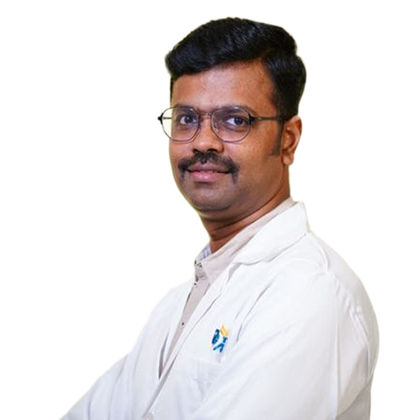
Dr. Kumaragurubaran. S
Hepatologist
0 Years • MBBS.,MD.,FPIC.,DM.,
Tiruchirappalli
Apollo Speciality Hospitals Old Palpannai, Tiruchirappalli
(25+ Patients)

Dr. Murugan N
Hepatologist
18 Years • MBBS, MRCPI, FRCPG
Chennai
Apollo Hospitals Greams Road, Chennai
(425+ Patients)
Liver Transplantation in India
Liver transplantation, a life-saving surgical procedure, is a beacon of hope for individuals suffering from severe liver diseases. In this operation, a diseased or damaged liver is replaced by a healthy liver obtained from either a deceased donor (whole liver) or a living donor (part of the liver).
Given the essential role of the liver in bodily functions such as processing nutrients, producing bile, synthesising proteins for blood clotting, and detoxifying harmful substances, this procedure is critical. The liver transplantation cost varies but is typically substantial due to the complexity of the procedure.
What is Liver Transplantation?
Liver transplantation involves the replacement of a malfunctioning or damaged liver with a healthy one from a donor. The replaced liver can be an entire organ from a deceased donor or a part of a liver from a living donor.
The operation theatre (OT) procedure, known as hepatectomy in medical terms, sees the removal of the diseased liver and the grafting of the new one in its place. The blood vessels and bile ducts are then meticulously connected to ensure proper functioning.
Why is Liver Transplantation Done?
Liver transplantation is typically carried out as a last resort when other treatments fail to effectively control symptoms or halt the progression of liver disease. It may be recommended if you have:
End-stage liver diseases such as cirrhosis, which replaces healthy liver tissue with scar tissues, impairing liver function. Common causes include alcoholic liver disease, chronic viral hepatitis (specifically hepatitis B and C), nonalcoholic fatty liver disease (NAFLD) and nonalcoholic steatohepatitis (NASH), as well as autoimmune hepatitis.
Acute Liver Failure, which can occur suddenly due to factors such as an overdose of acetaminophen, viral infections, toxins or drugs, or severe autoimmune diseases.
Liver Cancer. Liver transplantation may be an option for patients when the cancer is confined to the liver and has not spread.
Rare Genetic Disorders. Certain metabolic disorders affecting liver function may necessitate a transplant.
Preparation for Liver Transplantation
Liver transplantation is an intricate process that requires careful preparation, followed by a meticulous surgical procedure, and then a dedicated post-operation care plan. The below information provides a detailed insight into what you can expect before, during, and after undergoing this life-altering procedure. The aim is to ensure that you are well-informed and prepared for the journey towards improved liver health.
Before a Liver Transplantation
Before you undergo a liver transplantation, there are several crucial steps that must be taken:
Evaluation: An extensive assessment is carried out to determine if a liver transplant is the best treatment option for your case. This includes various tests to evaluate your liver function, kidney function, nutritional status, and other vital organ health.
Detailed Medical Tests, which include blood tests; imaging techniques like ultrasounds; cardiopulmonary assessments to evaluate heart and lung health; psychological and social evaluations; nutritional counselling; and additional consultations with specialists as needed.
Waiting List: If you're deemed suitable for a liver transplant, you will be placed on a waiting list by liver transplantation doctors.
Preoperative Preparations: You'll need to stop using alcohol or drugs at least six months prior to the transplant. Regular screenings for substance use are conducted to ensure compliance.
Psychosocial Assessment: A psychological evaluation may be carried out to identify any factors that could affect the outcome of the transplant.
During a Liver Transplantation
The liver transplantation surgery involves several crucial stages:
Anaesthesia and Preparation: You will be placed under general anaesthesia to ensure you remain unconscious and pain-free during the surgery.
Surgical Procedure: The surgeon makes an incision in your abdomen to access your liver. Your diseased liver is removed and the donor liver is then placed in your body. The surgeon reconnects your blood vessels and bile ducts. The length of the procedure varies depending on the complexity of the case.
Postoperative Transition: After the surgery, you'll be moved to the Intensive Care Unit (ICU) for close monitoring during your initial recovery. The surgical team will regularly check on you and keep your family informed about your condition.
After a Liver Transplantation
Recovery from a liver transplantation involves:
Initial Recovery: Typically, you would remain in the hospital for liver transplantation for about five to ten days post-surgery. Gradually, you'll be encouraged to begin physical activity like sitting up and walking to promote healing and prevent complications.
Monitoring and Follow-Up: Regular follow-up appointments will be necessary to monitor your liver function and adjust medications, particularly immunosuppressants that prevent organ rejection.
Long-Term Care: Ongoing care and lifestyle adjustments are crucial for the long-term success of the transplant. This includes maintaining a healthy diet, avoiding alcohol, and adhering strictly to the medication regimen prescribed by your doctor.
Recovery & Care After Liver Transplantation
Post liver transplantation surgery, recovery and care are paramount. The journey post-transplant includes:
Hospital Stay: Patients tend to stay hospitalised for several days to monitor recovery and manage complications.
Medications: Immunosuppressants are administered immediately after surgery to prevent organ rejection, adjusted based on regular blood tests.
Monitoring for Complications: Regular check-ups are essential to detect any signs of organ rejection or infection.
Follow-up Appointments: Frequent visits for blood tests and evaluations are necessary to ensure optimal liver function.
Lifestyle Adjustments: Healthy diet, avoidance of alcohol and tobacco, and regular exercise are vital for long-term health.
Psychosocial Support: Support from doctors, family, and friends is crucial for emotional well-being and medical regimen adherence.
Financial Counselling: Understanding the costs associated with ongoing care and medications is crucial, as many patients may require assistance with insurance and financial resources.
Types of Medication Post Liver Transplantation
Liver transplantation is a life-altering procedure that demands careful aftercare. A critical part of this is the administration of specific categories of medication to ensure a successful transplant. These include:
Immunosuppressants: These essential drugs help your body accept the new liver and stave off potential rejection.
Antibiotics and Antivirals: These medications prevent possible infections during the initial months following the transplant when your immune system is exceptionally vulnerable.
Additional Drugs: You might need other medications to manage side effects or monitor other health conditions. These could be antihypertensives for blood pressure control, antacids for stomach issues, diuretics for fluid retention, and supplements like calcium and vitamin D.
Diet & Lifestyle Changes Post Liver Transplantation
A vital aspect of care post liver transplantation procedure involves adopting a health-oriented diet and lifestyle. Here are some recommendations:
Balanced Diet: A post-liver transplantation diet brimming with fruits, vegetables, whole grains, and lean proteins can bolster your overall health and immune function.
Low Sodium: Curtailing sodium intake helps manage blood pressure and avert fluid retention.
Limit Saturated Fats and Sugars: By limiting these elements in your diet, you can maintain a healthy weight and reduce the risk of metabolic syndrome post-transplant.
Hydration: While staying well-hydrated is important, consult your doctor regarding appropriate fluid intake.